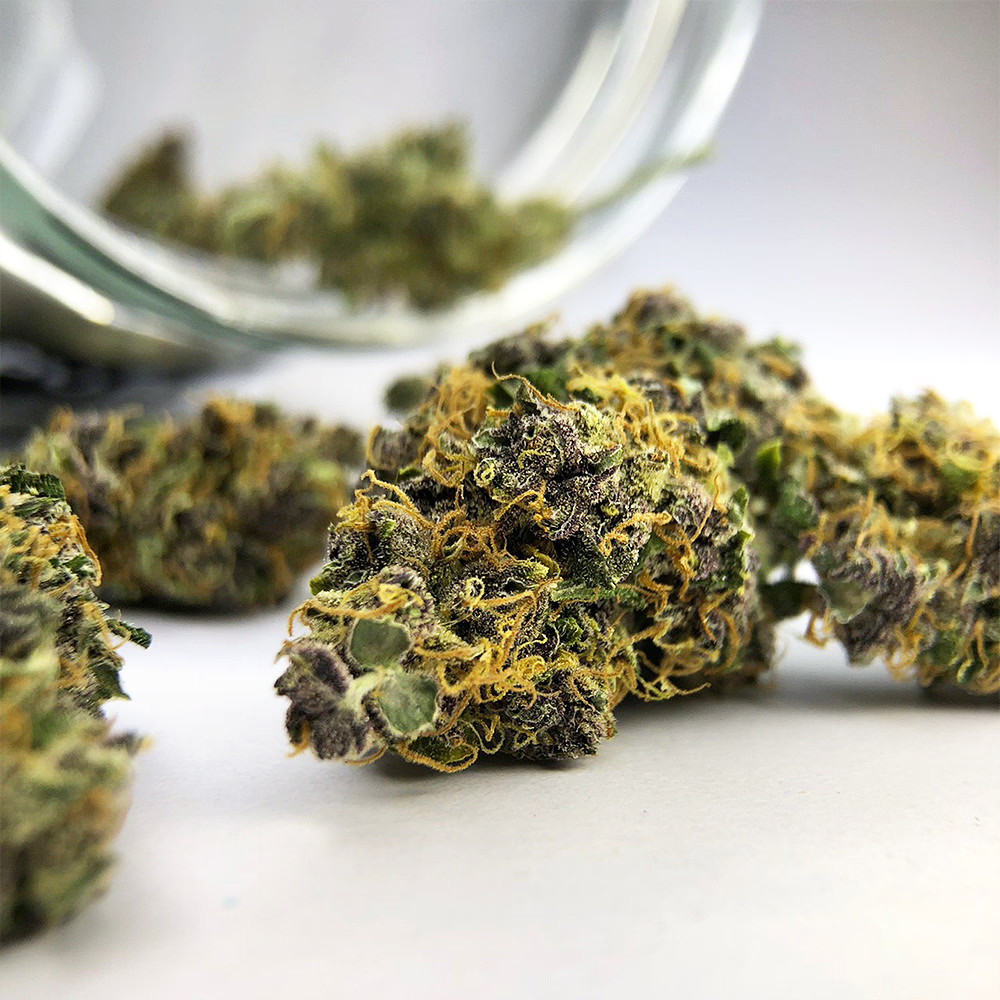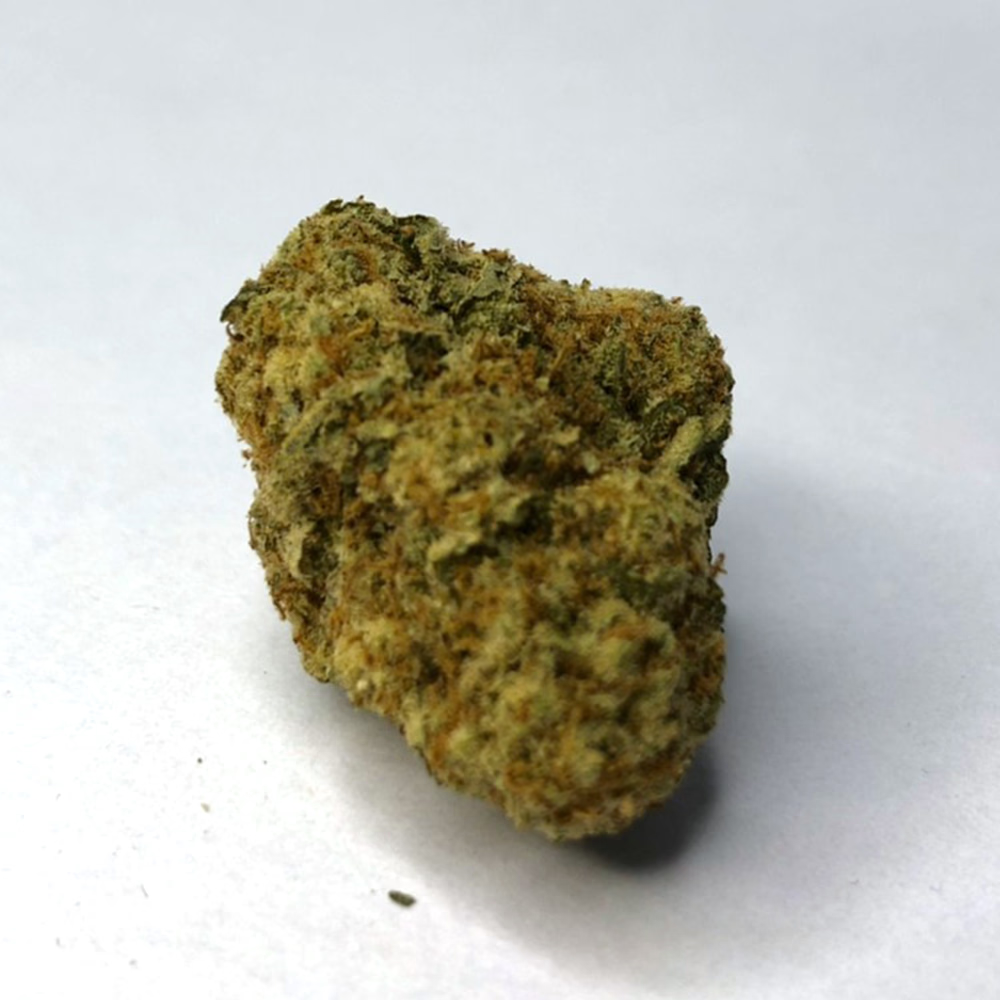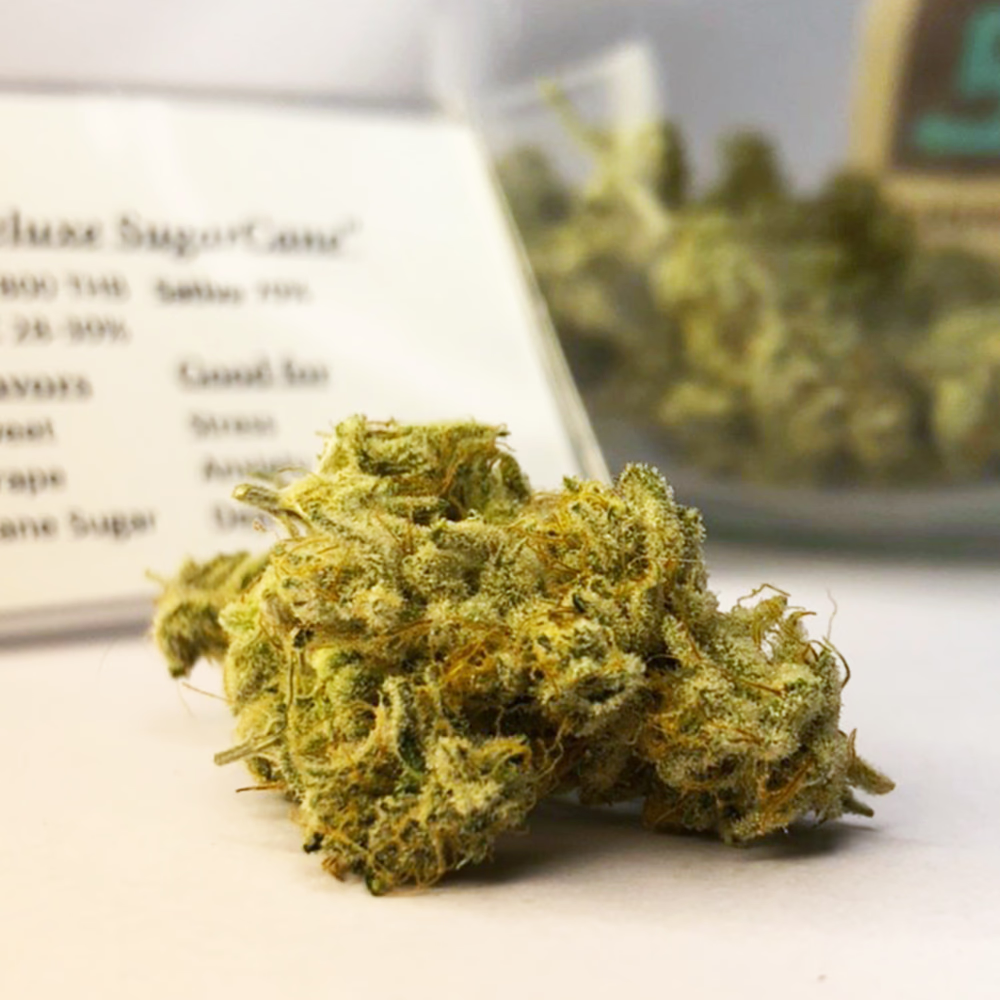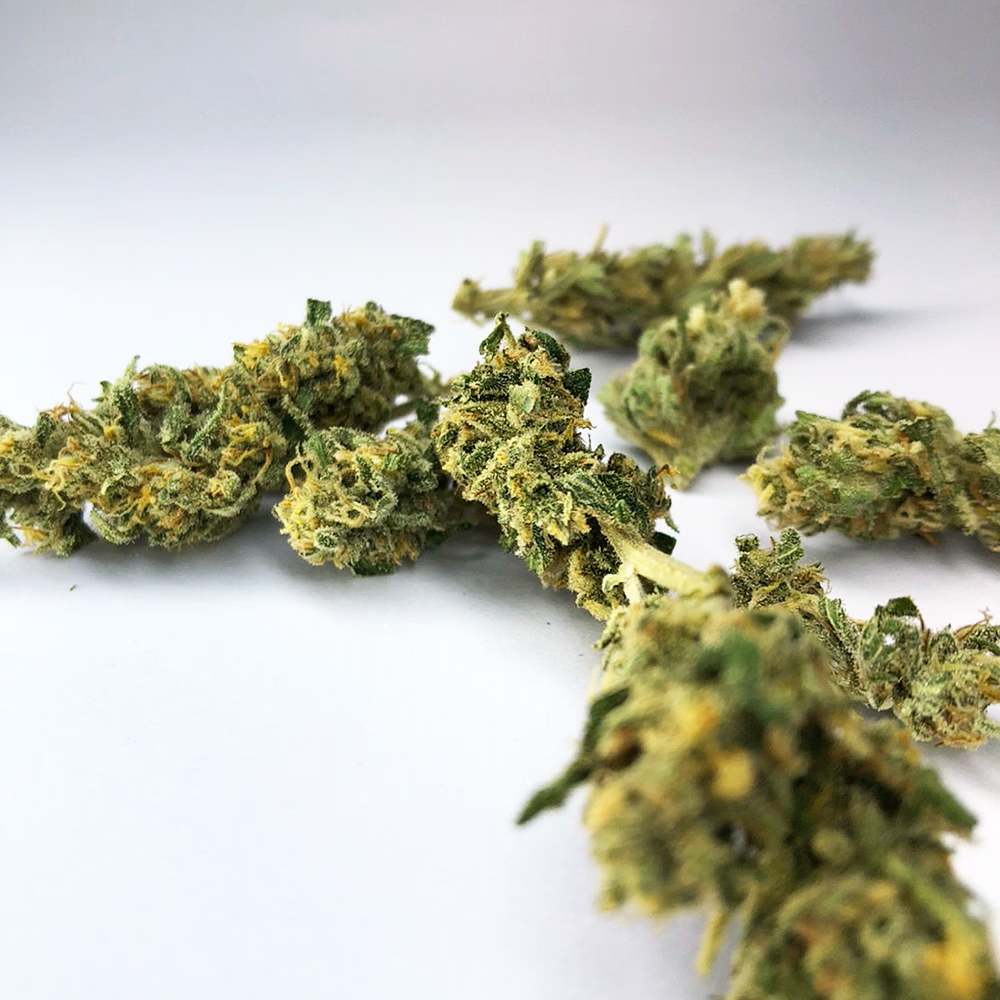How to Get Unhigh: Sobering Up From Weed
How to Get Unhigh Sobering Up From Weed For ages, people have used marijuana for therapeutic and recreational purposes. In several nations worldwide, marijuana use for medical purposes has recently gained acceptance and been authorized. While marijuana may be able to treat some conditions, it also has some undesirable side effects. Numerous cannabis users report some side effects, including headaches, dry mouth, disorientation, or paranoia. How to Sober Up From Weed Unhigh Without Ill Effects, Fortunately, there are several strategies to lessen these uncomfortable side effects of marijuana use.

The Importance of Mental Health in Cannabis Abuse Recovery
Their mental health significantly influences a person's capacity to abstain from cannabis use. As many people who battle addiction also battle mental health conditions, including depression, anxiety, and other types of emotional pain, the two frequently go hand in hand.
People with mental health issues may find it challenging to handle the stress of daily life, which may cause them to turn to substances like cannabis for self-medication or as a means of escape. Cannabis can, however, send users down a path to dependency and addiction if used recreationally or without the necessary medical supervision.
Individuals must first deal with any underlying mental health conditions causing their problem if they want to stay sober from marijuana use. This entails proactive efforts to comprehend and treat these ailments on both a psychological and physical level.
For instance, people who are depressed should get professional support to acquire healthy coping mechanisms devoid of drug use. In contrast, anxious people can find ways to control their symptoms through relaxation techniques or counseling services. Furthermore, cognitive behavioral therapy (CBT) has shown promise in treating various addiction-related conditions, including substance abuse disorders linked to marijuana dependence.
It's crucial for people who abuse cannabis to develop healthy lifestyle habits that support sobriety; these include routine exercise routines, which have been shown to help with cravings related to marijuana withdrawal symptoms, eating healthy meals throughout the day that provide essential nutrients needed for optimal brain function, maintaining adequate sleep hygiene, practicing mindfulness meditation, and engaging in other activities that promote sobriety.
To avoid feeling alone on your path to sobriety, there are many online and offline support groups where people going through similar challenges may get together to share stories, advice, suggestions, etc. These tools offer priceless knowledge on what strategies have previously been successful along the way, as well as the chance to connect people and learn about one another's struggles.
Remember that avoiding marijuana isn't simple, but it is doable if done correctly. To start, educate yourself, find a proper treatment facility with professionals who specialize in the area, and finally, rely heavily on your network of friends, family members, and other former users at every step. You are fostering a more profound community among peers committed to finally giving up marijuana!

Establishing a Daily Routine to Manage Cravings
Creating a regular regimen is essential for controlling cannabis cravings. You can stay on track and lower your risk of relapsing by creating good habits and keeping busy. Here are some pointers to help you control your cravings and build a successful strategy for quitting cannabis:
Get Enough Sleep: When quitting cannabis, getting enough good sleep is crucial since it keeps your body balanced and gives you more energy all day. Try to get at least 8 hours of sleep every night, but if you can, aim for 9 or 10. This will give you more time to rest and recover, which can be beneficial for coping with cravings during withdrawal.
Exercise regularly: Physical activity has been found to improve mental health, so be sure to include it in your daily routine. Depending on what works best for you, this could be anything from running or walking outside to doing yoga at home or even going to the gym.
Exercise makes us feel good because it releases endorphins and depletes any surplus energy that would make it challenging to quit marijuana.
Eat well-balanced meals to give your body the correct vitamins, minerals, and amino acids. These are all crucial elements in helping your body acclimate to life without cannabis. Lean foods like chicken breast or fish fillets supply much-needed protein that we may not be getting elsewhere owing to dietary changes post-cannabis intake cessation. Try including plenty of fresh fruits and vegetables in your meals throughout the day.
Avoid processed foods with high sugar content as well; they will cause blood glucose levels to increase before they crash later. This is something we don't need while attempting to control urges.
Keep Busy and Connect With Friends, Family, and Your Support System: Staying busy can help divert your attention from craving triggers. Therefore, consider engaging in activities like learning something new (e-learning courses are hugely popular right now! ), resuming an old hobby, or even volunteering in your community because helping others is always fulfilling.
Additionally, try to get in touch with loved ones and friends who agree with your actions; having people who care about our well-being close by is crucial while facing difficulties or being tempted. Lastly, consider signing up for internet forums where other former cannabis users discuss their experiences. Sometimes reading other people's tales can help put things in perspective.
Keep Track Of Progress & Celebrate Wins! : Last but not least, acknowledge how far you've come since beginning your sobriety journey; if you went a whole day without using, acknowledge it. Small triumphs over time add up, so whenever you can, celebrate them.
Why not create smaller goals over time (for instance, quitting smoking every three days) and reward yourself when you reach them as part of charting your progress? This helps us stay committed and serves as inspiration along the journey.

Various Techniques for Dealing with Stress and Anxiety Caused by Marijuana Use
Numerous mental health conditions, such as anxiety and stress, have been related to marijuana use. Cannabis use has a lot of potential advantages, but users must be aware of any risks that can come with their consumption patterns.
It understands the best ways to deal with stress or anxiety might assist those who experience these emotions when smoking marijuana to have safe and satisfying experiences.
The use of mindfulness techniques like meditation and yoga is one strategy to reduce stress and anxiety brought on by marijuana use. You can become more aware of your body's physical reactions by pausing from your regular activities and concentrating on the here and now.
As a result, symptoms like racing thoughts or a sense of being overpowered by a situation or surroundings may be lessened. Additionally, consistent yoga practice has been shown to raise serotonin levels while lowering cortisol levels, a hormone linked to increased feelings of stress (a neurotransmitter responsible for regulating mood).
Cognitive behavioral therapy is yet another method for controlling stress and anxiety associated with marijuana use (CBT). CBT is a treatment that focuses on locating negative thought patterns that can be causing a person's distressing feelings or actions.
Through CBT sessions, clients learn problem-solving approaches that help them deal with painful emotions more skillfully so they may make healthy adjustments in their life. According to research, CBT is effective at easing the symptoms of diseases related to substance misuse and mental health issues like panic attacks or post-traumatic stress disorder (PTSD).
It is crucial for anyone looking for relief from cannabis-related worries or pressures to think about altering their general attitude toward marijuana use in general. Many advocates are looking into alternative methods like CBD oil, which doesn't require the psychoactive effects but still provides medicinal benefits without the additional side effects this type would bring about if consumed in more significant amounts than are advised medically or therapeutically.
Instead of using substances purely recreationally, which could potentially lead someone into an unhealthy pattern, Consider these alternatives before continuing with recreational use because every person will react differently due to their unique constitution! This includes trying smaller doses, experimenting with different strains that don't cause as much paranoia, incorporating edibles into your routine, and using vaporizers, suppositories, or topical creams instead of smoking joints.
Finally, establishing healthier lifestyle choices outside of marijuana use can help regulate the emotions brought on by cannabis use. We benefit physically and mentally by eating nutrient-dense meals, exercising frequently, getting enough sleep, socializing with friends, etc.
As a result, we improve our ability to manage emotional triggers when we're high, ultimately leading to more satisfying results! Finding a balance between the strategies above should, hopefully, give sufferers their desired outcomes.



